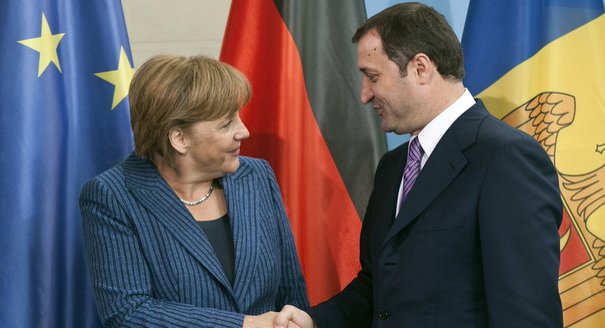
Moldova: At the Crossroads between Russia and the European Union
On August 22, 2012, German Chancellor Angela Merkel conducted an important one-day visit to Moldova to celebrate 20 years of German-Moldovan cooperation. Some of the key topics of discussion during her visit were a potential resolution of the Transnistrian conflict, triggered by the self-proclaimed independence of this Moldovan region in 1990 and suspended by the 1992 ceasefire, as well as Moldova’s integration into the European Union (EU). Indicative of the importance of this visit was the fact that the German Chancellor took part in the visit personally, rather than sending a lower ranking representative to address her Moldovan counterpart. Most commentators who have analyzed Merkel’s visit have played down its importance, arguing it merely represents a strengthened effort to resolve …
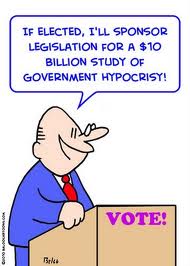
Closing the UK’s Democratic Deficit: Is a New Party of Local Notables The Answer?
In these days of financial crisis, austerity and expenses scandals, one doesn’t have to go far to find citizens complaining that our democracy is in decline. Most people do this from the comfort of their armchairs, shouting at Question Time or changing the TV channel when a particularly annoying politician crosses their screen. However, the founder of the Independent newspaper, Andreas Whittam Smith, is prepared to go one step further. Yesterday, Whittam Smith announced a plan for a new British movement to ‘restore democracy’. He argued that the UK’s current MPs are drawn from a narrow set of backgrounds – law, medicine, journalism and, of course, political hackery. In this view, we are left with a cohort of politicians more suited to marketing …
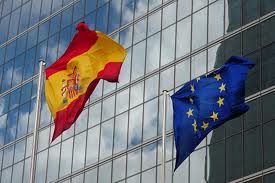
Spain: Time for more structural reform
Spain has now been in recession for almost five years, and has had to face challenges and tackle each of them in very different ways. In the beginning, the concern with national public spending, led to severe budget cuts in 2011 and 2012. Later, the need to reform the labour market emerged in order make it more flexible and competitive, prompting a general strike in March of this year. A few months ago doubts about the health of the Spanish financial system surfaced. Would Spain be capable of recapitalising its banks without putting its overall solvency at risk? European partners stepped in and structured a bailout of Spanish banks that attempted to de-couple financial and sovereign risk. Today we read …
It is Not Only About Germany: Technocratic Agenda and the European Project
Mark Leonard, Director of the European Council on Foreign Relations, recently discussed an important trend that looms over the European project. Commenting on the recent scandalous statements by the Germany populist politician Thilo Sarrazin and the disavowal of his position by leading German politicians, Leonard voiced his concern that if ‘the establishment cartel turns [populists like Sarrazin] into outcasts rather than arguing with their views’, they will be able to tap into an ever-growing ‘reservoir of pent-up political frustration’. Leonard goes on by stressing that it is particularly worrying that ‘Germany’s leaders are now trying to treat foreign politicians who question German orthodoxy the same way they treat their own populists’. German responses to the question of a Greek referendum …
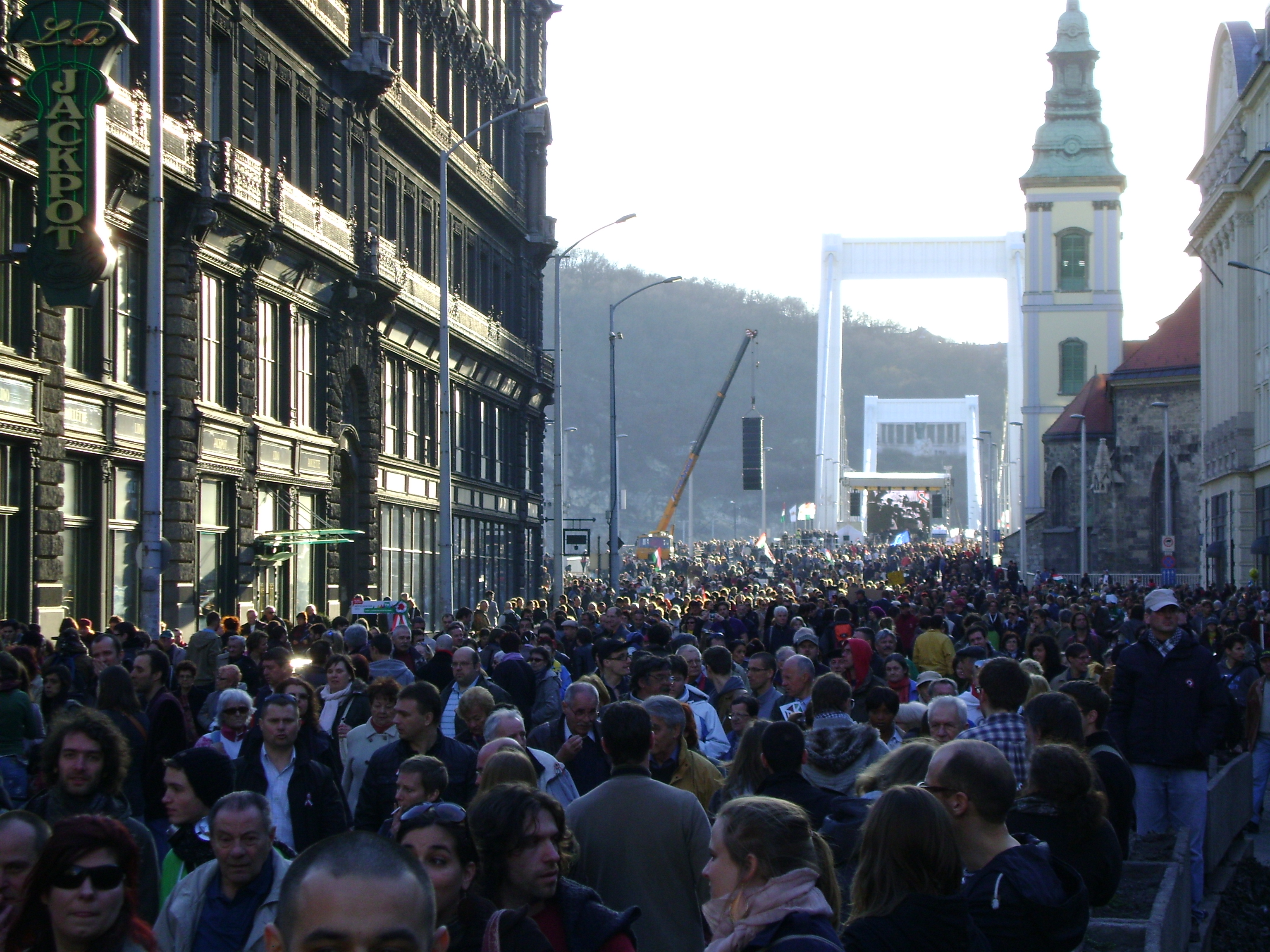
A Major Setback for Media Freedom: The Case of Hungary
In April 2011, in a symbolic move, Budapest’s Republic Square was renamed after the late Pope John-Paul II. This was one of the many consequences of the electoral victory of the Fidesz Party and its Christian Democrat allies a year earlier. The winners immediately called it a ‘revolution at the voting booths’. With the support of 53 percent of voters, the alliance won 67 percent majority in parliament, and soon began to colonise the public sphere in an attempt to embed its Christian, nationalist and conservative values. By 2012, the new government has fundamentally reshaped Hungary’s media landscape. Throughout the 2000s, Freedom House listed Hungary amongst other ‘free press’ countries, with scores meeting the regional average. Yet for 2011, Hungary was …
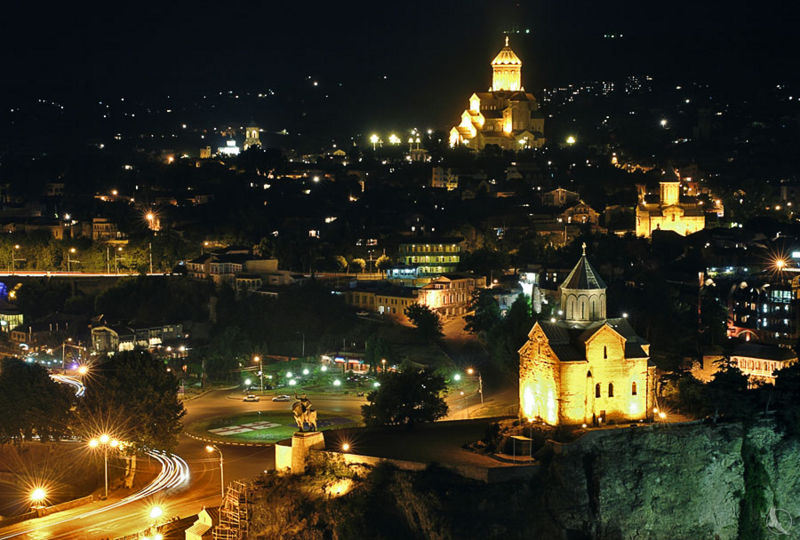
The Caucasus: A case of mistaken identity?
What matters more: who you think you are or who others think you are? Addressing a major gap in IR scholarship, the importance of identity in influencing state behaviour was first elucidated by writers within the Constructivist school of thought, most notable among whom was Alexander Wendt. In his seminal article “Anarchy is what states make of it”, Wendt draws attention to the significance of identity by employing the metaphor of “the looking-glass self”, arguing that states form identities of themselves through their interactions with other states: that “the self is a reflection of an actor’s socialization”(Wendt 1992:404). Such a theory seems to predict that a state’s identity and how others perceive it should bear correlation. How, then, do we …
From Austerity to Growth – The politics of painfully slow economic recoveries
Much to Angela Merkel’s chagrin, international political momentum seems to have swung rather decidedly from ‘austerity’ to ‘growth’. The transformation had been underway for some time – playing out in debates across the economics blogosphere – but the elections in France and Greece clearly accelerated this evolution. The recent G8 summit communiqué – which leads with the phrase “Our imperative is to promote growth and jobs” – epitomizes the shift. In terms of our collective understanding of economics and how to fight recessions, I think there’s actually a lot less here than meets the eye, and indeed a lot of rather meaningless talk. To begin with, as Tyler Cowen has pointed out, ‘austerity’ means many different things to different people, and …
The Ideology of Sarkozyism
Elections are incredibly symbolic political events and no more so than in France. While groups of the French Left were celebrating the election victory of the Socialist candidate Francois Hollande in Place de la Bastille; the home of Right, Place de la Concorde, was empty. Exit Sarkozy. Nicolas Sarkozy was, for the first time since 1945, an unashamed President of the Right in France, campaigning in his successful 2007 presidential bid for a ‘rupture’ from France’s ‘failed’ economic and social model. Sarkozy saw his mission as reviving France from the mediocrity of the Jacques Chirac years by implementing unequivocal Rightist ideas. It is no wonder that Hollande has vowed to be a ‘normal president’. Hollande’s platform in many respects …









